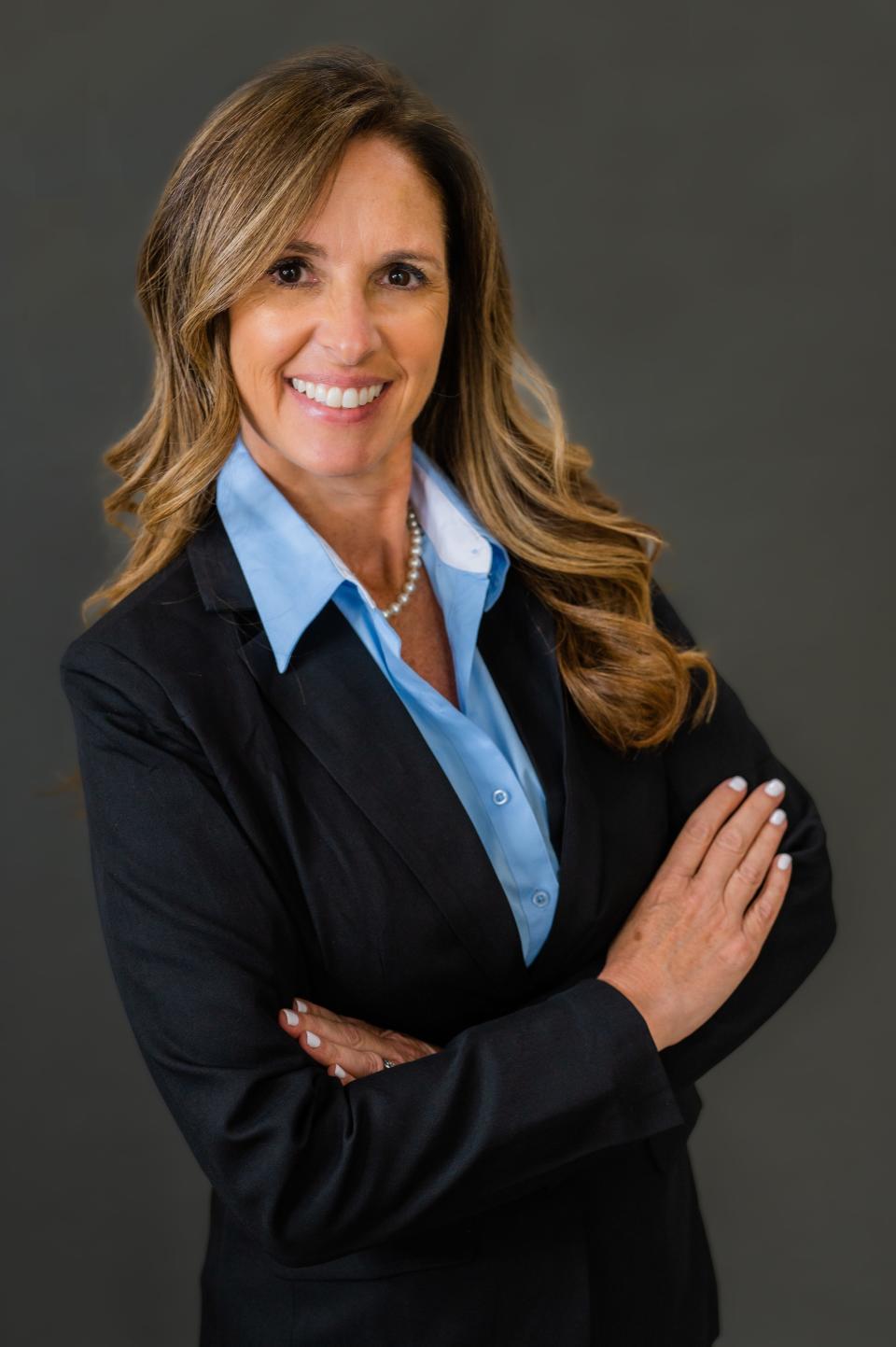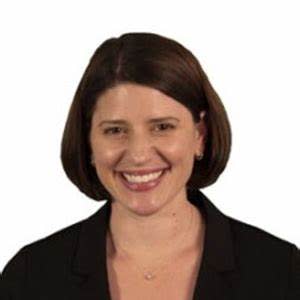Autism should not be all limiting | Opinion
As a retired early educator specializing in early intervention, I quickly discovered that early testing and early intervention before kindergarten were crucial in a child’s development. When it involves autism, it means working toward a healthy, and functioning future for a child.
Autism spectrum disorders are complex and not diagnosed through a simple medical test. Teachers and doctors observe a child's development and behavior to make an assessment. While many children go undiagnosed until four or five years old, professionals can diagnose a child as young as two. Early testing could lead to significant progress and support for families.

Having spent my career as a teacher, I cherished getting on my knees to see the world from a child's perspective. However, for children with autism, this approach often caused stress, confusion, and fear, not because of their fault but due to their unique challenges. This is where I feel The Scott Center for Autism at Florida Tech has excelled. The center and its dedicated staff have emerged as one of the nation’s most esteemed resources for Autism on our Space Coast. Its success is attributed to a three-fold mission encompassing clinical services, research, and the training of students from Florida Tech's School of Psychology and School for Behavioral Analysis.
For those unfamiliar with autism, it’s usually described as a development disorder affecting communication and behavior. Environmental and genetic factors are believed to be causes and those diagnosed with autism find social interactions difficult as well as having repetitive behaviors and focused interests. Autism also is a spectrum disorder, meaning the severity and range of symptoms differ from one individual to the next. It not only impacts the child but also the family who bravely accept the challenges of an autistic child.
What we’re seeing is the number of autistic cases growing, as well as the waiting list for treatment. According to the Centers for Disease Control and Prevention (CDC):
About 1 in 36 children has been identified with autism spectrum disorder (ASD) according to estimates from CDC’s Autism and Developmental Disabilities Monitoring (ADDM) Network.
ASD is reported to occur in all racial, ethnic, and socioeconomic groups.
ASD is nearly 4 times more common among boys than among girls.
About 1 in 6 (17%) children aged 3–17 years were diagnosed with a developmental disability, as reported by parents, during a study period of 2009-2017. These included autism, attention-deficit/hyperactivity disorder, blindness, and cerebral palsy, among others.
More: Florida Tech launches new strategic plan, preps fundraising drive for campus upgrades
Here is what Dr. Kimberly Sloman, director of The Scott Center for Autism Treatment, told me autism, why the case numbers are increasing and what that means for parents and care givers.
“The increased prevalence of autism can be attributed in part to greater awareness and understanding. As a result, individuals who may have been misdiagnosed or missed can receive an accurate diagnosis,” Dr.Sloman said.
“However, this also means that more families than ever are seeking comprehensive evaluations and there are a limited number of trained professionals who can provide this service. A diagnosis is the first step in accessing treatment, so waitlists for evaluation are a barrier to implementing interventions during a critical period of a child’s development. This delay causes additional stress for families who already need support and guidance. “

As a community, we must advocate for our children with autism and their families, providing them with the resources they need.
That's why I am honored to chair the 2024 Evening of Hope benefiting the Scott Center for Autism Treatment. It takes place on March 1 at Sprengergarten in West Melbourne. This year's theme is "Soaring to New Heights, Oh the Places We Will Go!" We aim to evoke the innocence of childhood, with dreams, hopes, and endless possibilities.
More: New Florida law creates guidelines for law enforcement registries for disabled people
Funds raised during the gala will directly impact families in need, supporting evaluations, ABA/occupational therapy/speech therapies, educational needs, sensory aids/tools, and social activities for family members affected by autism.
I invite you to join us as we continue to raise awareness and support to autism. Though we’re nearing sell out, tickets and sponsorships are still available at give.fit.edu/hope and you can always support the Scott Center for Autism Treatment any time.
Deborah Keener Carson is Chair of The Evening of Hope to benefit Florida Tech's Scott Center for Autism Treatment
This article originally appeared on Florida Today: Florida Tech's Scott Center for Autism Treatment is on cutting edge

